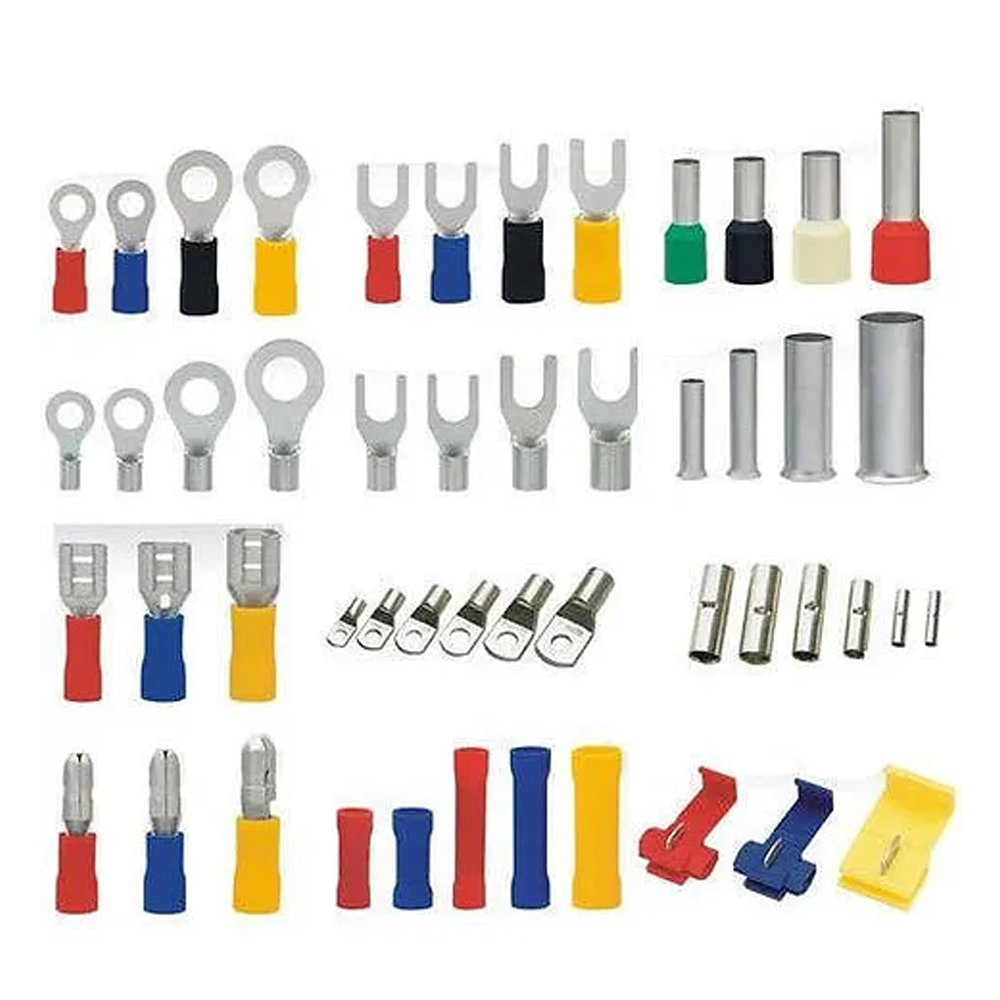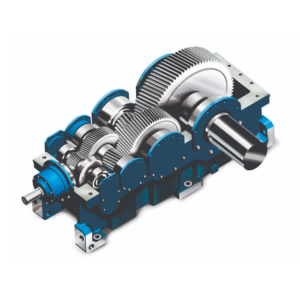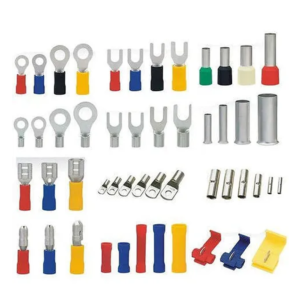🚚 Fast Delivery | ⭐ Best Quality | 📞 24/7 Support
+971 2 552 3918
info@coolwaybm.com
- Power Tools & Machinery
- Fire and Safety Equipement
Fire and Safety Equipement
- Adhesives
- Plumbing & Sanitary
- Packing Materials
Packing Materials
- Abrasives
- Carpentry
- Welding Accessories
Welding Accessories
- Fasteners
- Lock & Furniture Accessories
Lock & Furniture Accessories
- A/C Refrigeration
- Electrical
Electrical
You can add any HTML here
We suggest you to create a Saved Template in Dashboard -> Templates -> Saved Templates and use it by switching content type above to Saved template.
Terminal cables and terminal lugs are essential components in the electrical industry, providing secure and reliable connections for power transmission and distribution. Terminal cables are flexible electrical conductors, typically made from copper or aluminum, designed to transfer electrical current between various components, such as power sources, switches, and devices. They are coated with insulation to ensure safe handling and to prevent short circuits or accidental contact with other conductors. The choice of material—copper or aluminum—depends on the application’s current carrying requirements, with copper being the more efficient conductor of electricity, while aluminum is lighter and more cost-effective.
Terminal lugs are connectors designed to attach terminal cables to devices, electrical panels, or other components. They ensure a secure, stable, and permanent electrical connection by providing a reliable point where the terminal cable can be attached. These lugs are usually made from high-quality metals such as copper, aluminum, or brass, offering excellent conductivity and resistance to wear and corrosion. The lug design typically features a hole or eyelet for securing the cable, which can be attached using crimping, soldering, or bolting techniques. Crimping is the most common method, as it forms a strong mechanical bond between the terminal lug and the cable, ensuring optimal conductivity and minimizing resistance.
Available in a range of sizes and types, terminal lugs can accommodate different cable diameters and electrical requirements, from small gauge cables for household applications to larger cables for industrial or automotive use. They are often used in automotive, industrial, and power generation systems, where secure and dependable electrical connections are critical. For instance, in automotive applications, terminal lugs are used to connect the battery to the vehicle’s electrical system, while in industrial settings, they are used in machinery and control panels to facilitate power distribution.
The durability and corrosion resistance of terminal cables and lugs are crucial for ensuring the long-term reliability of electrical systems. These components are designed to withstand harsh environments, including extreme temperatures, moisture, and vibration, ensuring consistent performance and minimizing the risk of electrical failures. Whether used in commercial, industrial, or automotive settings, terminal cables and terminal lugs offer an easy, efficient solution for creating stable and secure electrical connections.
There is £4.99 charge for delivery under £50 Orders. Additional charges will be imposed by our couriers for delivery to remote area, a surcharge may be levied to cover carriage to these areas.
TERMINAL CABLE AND TERMINAL LUGS
د.إ1.00
Short Description:
- Terminal cables provide electrical connections between power sources and components.
- Made from durable copper or aluminum for excellent conductivity.
- Flexible and insulated to ensure safe handling and long-lasting performance.
- Terminal lugs are connectors used to secure the terminal cable to devices or electrical panels.
- Designed for easy crimping or soldering to terminal cables.
- Available in various sizes and types to fit different electrical systems and equipment.
- Resistant to corrosion and wear for reliable, long-term connections.
- Ideal for automotive, industrial, and electrical applications.
- Ensures secure and stable electrical connections for optimal performance.
- Easy to install with hand tools or crimping tools for a strong, permanent connection.
Terminal cables and terminal lugs are essential components in the electrical industry, providing secure and reliable connections for power transmission and distribution. Terminal cables are flexible electrical conductors, typically made from copper or aluminum, designed to transfer electrical current between various components, such as power sources, switches, and devices. They are coated with insulation to ensure safe handling and to prevent short circuits or accidental contact with other conductors. The choice of material—copper or aluminum—depends on the application’s current carrying requirements, with copper being the more efficient conductor of electricity, while aluminum is lighter and more cost-effective.
Terminal lugs are connectors designed to attach terminal cables to devices, electrical panels, or other components. They ensure a secure, stable, and permanent electrical connection by providing a reliable point where the terminal cable can be attached. These lugs are usually made from high-quality metals such as copper, aluminum, or brass, offering excellent conductivity and resistance to wear and corrosion. The lug design typically features a hole or eyelet for securing the cable, which can be attached using crimping, soldering, or bolting techniques. Crimping is the most common method, as it forms a strong mechanical bond between the terminal lug and the cable, ensuring optimal conductivity and minimizing resistance.
Available in a range of sizes and types, terminal lugs can accommodate different cable diameters and electrical requirements, from small gauge cables for household applications to larger cables for industrial or automotive use. They are often used in automotive, industrial, and power generation systems, where secure and dependable electrical connections are critical. For instance, in automotive applications, terminal lugs are used to connect the battery to the vehicle’s electrical system, while in industrial settings, they are used in machinery and control panels to facilitate power distribution.
The durability and corrosion resistance of terminal cables and lugs are crucial for ensuring the long-term reliability of electrical systems. These components are designed to withstand harsh environments, including extreme temperatures, moisture, and vibration, ensuring consistent performance and minimizing the risk of electrical failures. Whether used in commercial, industrial, or automotive settings, terminal cables and terminal lugs offer an easy, efficient solution for creating stable and secure electrical connections.
There is £4.99 charge for delivery under £50 Orders. Additional charges will be imposed by our couriers for delivery to remote area, a surcharge may be levied to cover carriage to these areas.
Reviews
There are no reviews yet.
Buy more save more!
Buy from 2 to 4 items and get 10% OFF
on each productBuy from 5 to 8 items and get 15% OFF
on each product- Free shipping on all orders above 50,00
- No hassle returns, 30 days return
- Next day delivery within your country












Reviews
There are no reviews yet.